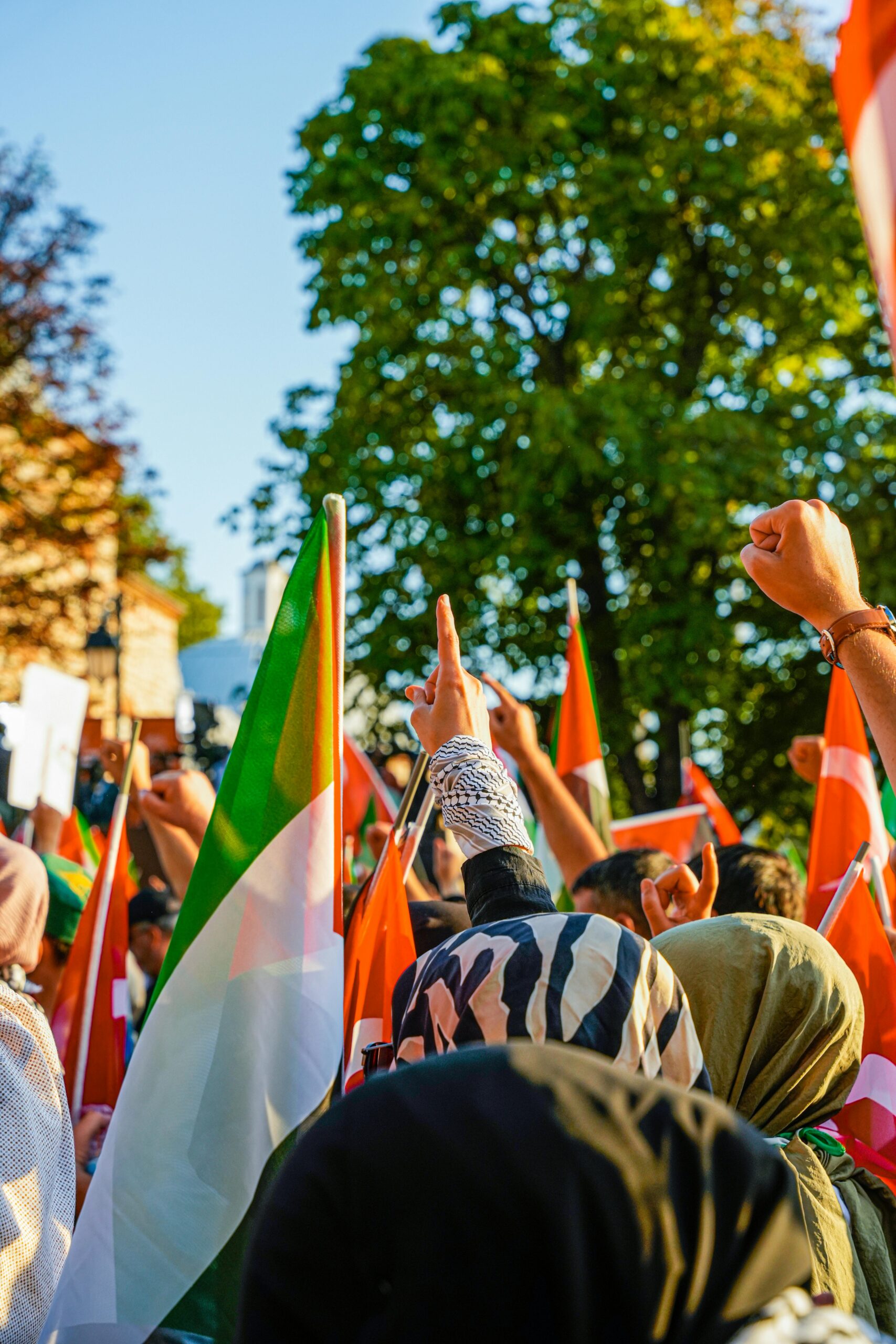
Are Our Democratic Values Under Threat? A Reflection on India
- admin
- September 22, 2025
- Government, India
- 0 Comments
Evaluating the resilience and challenges of the world’s largest democracy.
Introduction
India, celebrated as the world’s largest democracy, stands as a testament to the power of democratic principles. Rooted in values like liberty, equality, and justice, its democratic framework has endured for over seven decades. However, recent socio-political developments have sparked debates about the strength and sustainability of these values. Are India’s democratic principles facing existential challenges, or are they simply evolving in response to new realities?
The Cornerstones of Indian Democracy
1. Constitution as the Guiding Light
India’s democracy is anchored in its Constitution, which guarantees fundamental rights and freedoms to every citizen.
- Key Provisions:
- Article 14: Right to equality.
- Article 19: Freedom of speech and expression.
- Article 21: Protection of life and personal liberty.
(Source: Constitution of India)
2. Institutions Ensuring Accountability
Independent institutions like the Election Commission of India, Supreme Court, and Comptroller and Auditor General (CAG) are pivotal in upholding democratic values by ensuring transparency, fairness, and accountability.
(Source: Election Commission of India)
Signs of Democratic Strain
1. Polarization and Disinformation
The proliferation of fake news and divisive rhetoric has amplified polarization among communities. Social media platforms, while fostering dialogue, have also become breeding grounds for misinformation, undermining informed decision-making.
2. Erosion of Institutional Independence
Allegations of interference in the functioning of independent bodies, such as the judiciary and media, raise concerns about the weakening of institutional checks and balances.
3. Freedom of Expression Under Pressure
India ranked 161 out of 180 countries in the 2023 World Press Freedom Index, highlighting challenges faced by journalists and media outlets in maintaining editorial independence.
(Source: Reporters Without Borders)
Strengths That Reinforce Indian Democracy
1. Vibrant Electoral System
India’s elections remain a hallmark of its democratic resilience, with over 900 million eligible voters participating in the democratic process.
- 2024 General Elections Outlook:
- Anticipated as one of the largest democratic exercises in human history.
(Source: Election Commission of India)
2. Active Civil Society
India’s robust civil society organizations play a critical role in holding the government accountable, addressing societal inequities, and ensuring marginalized voices are heard.
3. Legal Safeguards for Minority Rights
Laws protecting religious, linguistic, and cultural minorities reinforce India’s commitment to pluralism, a cornerstone of its democratic ethos.
Global Comparisons and Lessons
India’s democracy faces challenges not unlike those experienced by other global democracies:
- United States: Polarization and misinformation are major concerns affecting democratic discourse.
- Brazil: Institutional trust has been tested amidst political unrest.
India’s ability to navigate these challenges while maintaining its democratic foundation could serve as a blueprint for other nations.
The Role of Citizens in Preserving Democracy
1. Active Participation
A thriving democracy relies on the active involvement of its citizens. Voting, public discourse, and civic activism are essential to safeguarding democratic values.
2. Education and Awareness
Promoting civic education and critical thinking can counter misinformation and empower citizens to make informed decisions.
3. Accountability Through Advocacy
Citizens must demand accountability from elected representatives and institutions to ensure transparency and fairness in governance.
Opinionated Yet Balanced Perspective
While India’s democracy is robust, it is not immune to challenges. Issues like polarization, institutional erosion, and restrictions on freedoms require urgent attention. However, the resilience of its electoral system, the vibrancy of its civil society, and the strength of its constitutional safeguards underscore that India’s democratic values, though tested, remain intact.
The journey ahead demands vigilance, reforms, and a collective commitment to upholding the democratic ideals that define India’s identity.
Conclusion
Democratic values are both a privilege and a responsibility. In India, the strength of democracy lies in its adaptability and the collective will of its people. By addressing emerging challenges with transparency, inclusivity, and innovation, India can ensure that its democratic legacy remains a beacon of hope for the world.


